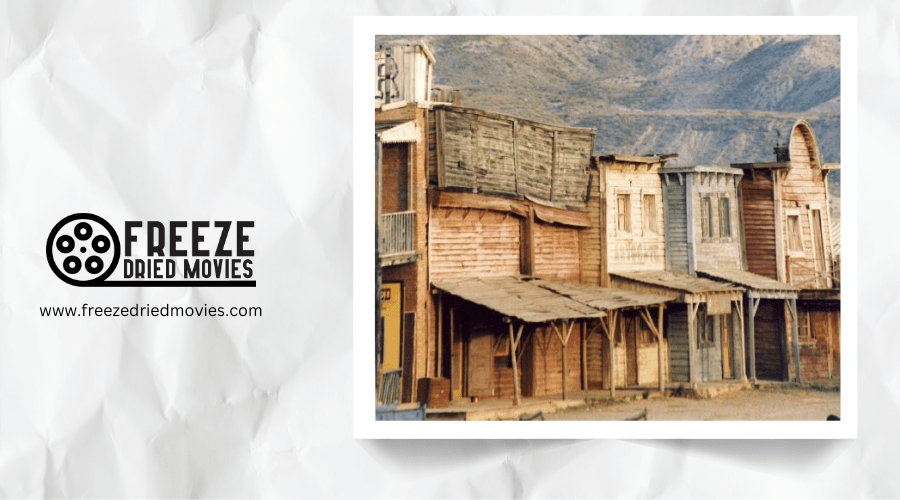Musical Genius: Analyzing Classic Spaghetti Western Themes
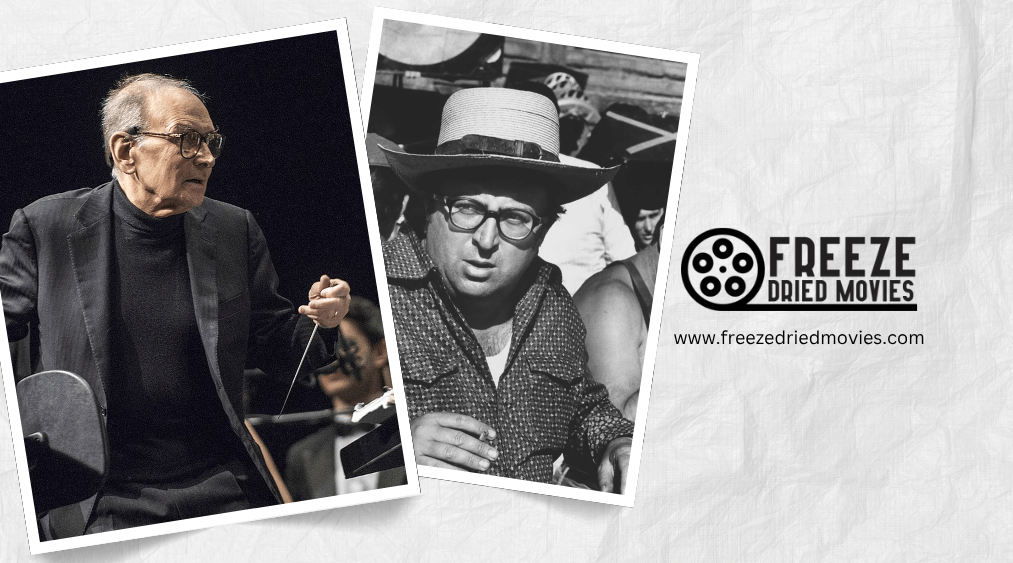
You've heard that haunting whistle in "The Good, the Bad and the Ugly" countless times, but have you considered the revolutionary genius behind it? When Ennio Morricone paired with Sergio Leone in the 1960s, they didn't just score films—they created an entirely new musical language. These weren't typical Hollywood western soundtracks with their orchestral flourishes. Instead, they brought electric guitars, wordless vocals, and unconventional instruments into a stunning musical frontier that continues to influence artists across genres today.
Ennio Morricone: The Architect of Spaghetti Western Soundscapes
Whistles, whips, and wailing harmonicas—these sonic signatures transformed cinema forever through the genius of Ennio Morricone. When you hear these distinctive sounds, you're experiencing the revolutionary approach that redefined film music.
Morricone's legendary partnership with Sergio Leone, particularly in the "Dollars Trilogy," created an entirely new musical language for Westerns. Unlike traditional American Western scores, his compositions blended electric guitars, trumpets, and unconventional sound effects with influences ranging from rock to Latin American folk music.
You'll find Morricone's impact extends far beyond Spaghetti Westerns, inspiring countless artists across diverse genres. His innovative film scores haven't just complemented Leone's visuals—they've become cultural touchstones in their own right, cementing Morricone's legacy as one of cinema's most influential musical voices. These compositions stand in stark contrast to the films that featured John Wayne's characters, which typically employed more traditional, orchestral Western scores reflecting the quintessential American hero archetype.
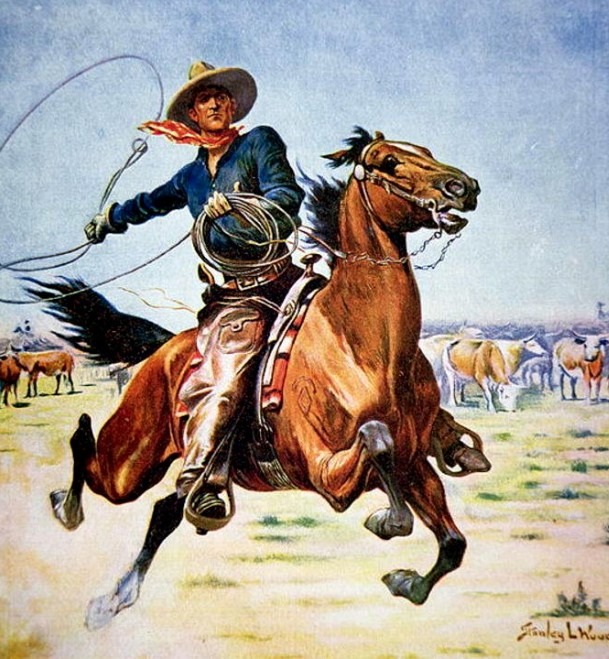
The Electric Guitar Revolution in Western Film Music
The electric guitar wasn't just an instrument in Spaghetti Westerns—it was a revolution that transformed the entire sonic landscape of the genre. When you compare traditional American Westerns with their twangy, orchestral arrangements to Spaghetti Western scores, you'll notice a stark contrast in musical identity.
Ennio Morricone leveraged this electric innovation brilliantly within the "Dollars Trilogy." Working with lower budgets, he turned limitation into creative advantage, incorporating electric guitars alongside harmonicas and trumpets to craft a distinctive, gritty sound.
This experimental approach to film music transcended cinema, influencing countless musical genres from rock to Latin. Unlike the films of the 1930s which emphasized narrative continuity emphasis and psychological character motivations, Spaghetti Westerns often relied on their iconic music to drive emotional impact. The electric guitar's raw power gave Spaghetti Westerns their enduring coolness and cultural significance, establishing a revolutionary sound that continues to resonate with audiences today.
From Rome to Hollywood: How Italian Composers Redefined the Western Genre
While America had established the Western film genre, it was Italian composers who ultimately transformed its musical identity from predictable to revolutionary.
Ennio Morricone's groundbreaking work with Sergio Leone on the "Dollars Trilogy" forever changed film music. Working with tighter budgets than Hollywood productions, these Italian artists turned limitation into innovation. Morricone introduced electric guitars, trumpets, harmonicas, and unique onomatopoeic sounds that shattered conventions of Western scores.
This distinctive Spaghetti Western sound transcended its origins, influencing countless musicians across genres. The legacy of these Italian composers extends far beyond cinema—you'll hear their impact in modern artists like Hermanos Gutiérrez and Adrian Quesada. Morricone's orchestration brilliance and Leone's visionary direction created a musical language that continues to resonate with audiences worldwide.
Much like the German expressionist filmmakers who revolutionized Hollywood in the 1930s, these Italian composers brought innovative techniques that permanently altered the industry's creative landscape.
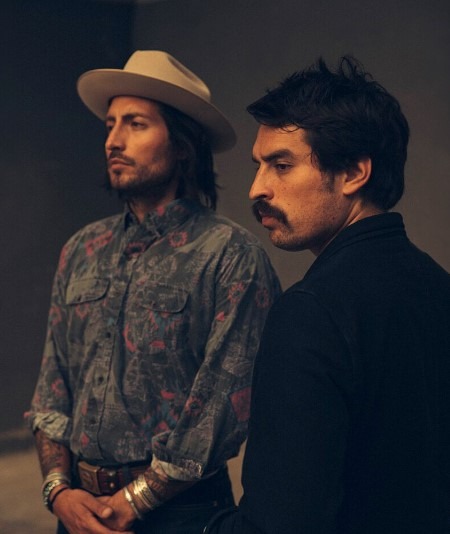
Modern Artists Carrying the Spaghetti Western Torch
Despite the passage of decades since Morricone and Leone's revolutionary collaborations, contemporary musicians continue to draw deep inspiration from the iconic Spaghetti Western sound. Hermanos Gutiérrez exemplifies this tradition with their album "El Bueno y el Malo," creating expansive guitar landscapes that echo Ennio Morricone's atmospheric compositions. After self-releasing four albums, their signing to Dan Auerbach's label highlights the enduring appeal of these cinematic soundscapes.
Adrian Quesada's meticulous research into 1970s orchestration manifests in works like "Boleros Psicodélicos," while his curated Spaghetti Western playlists preserve this musical heritage. Similarly, Calexico blends the essence of the American Southwest with Mexican border sounds, crafting music that feels lifted directly from Sergio Leone's dusty frontier vistas. These artists aren't merely imitating—they're evolving a timeless sonic tradition.
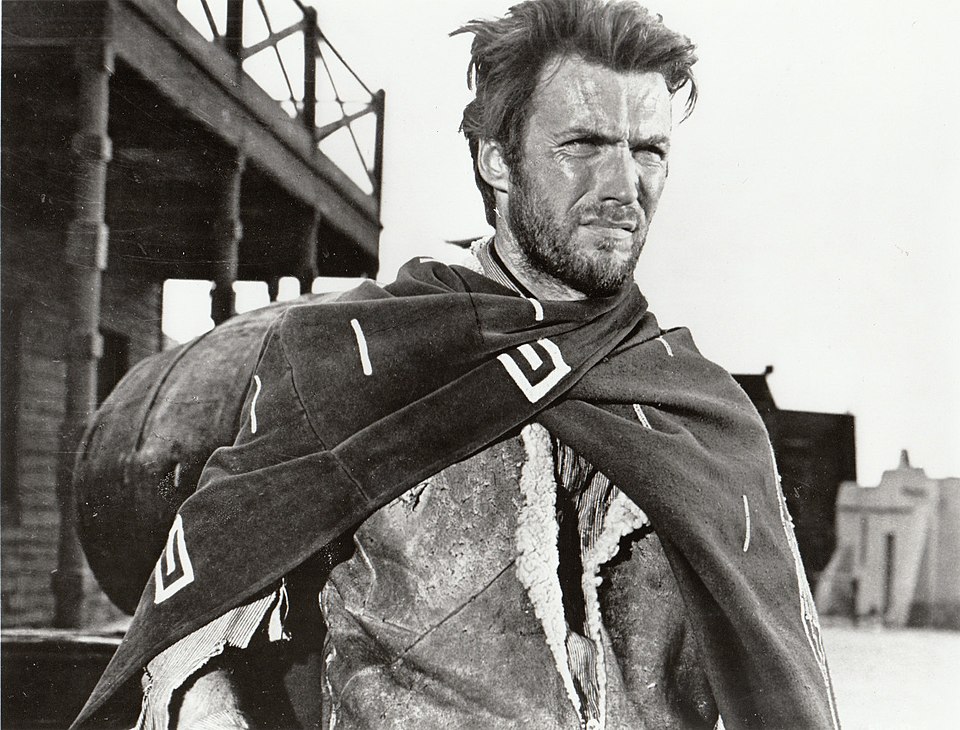
Deconstructing the Iconic Sounds of "The Dollars Trilogy"
Looking back at the genesis of what today's artists reinterpret, we must examine the revolutionary soundscape of "The Dollars Trilogy" where Ennio Morricone's compositions forever altered the sonic language of cinema.
When you listen to "The Good, the Bad and the Ugly" theme, you'll immediately recognize that haunting whistle—a sound that transcended its origins to become culturally ubiquitous. Morricone broke with tradition, incorporating electric guitars and unconventional elements that traditional Westerns never dared employ. His partnership with Sergio Leone provided the creative freedom to blend rock, avant-garde, and classical influences into something entirely new.
While Clint Eastwood's steely gaze defined the visual aesthetic of Spaghetti Westerns, it was Morricone's audacious compositions that gave these films their soul, creating tension and emotion where dialogue couldn't reach.
Sven-Sebastian Sajak, WP2015 EnnioMorricone FFM, CC BY-SA 4.0



